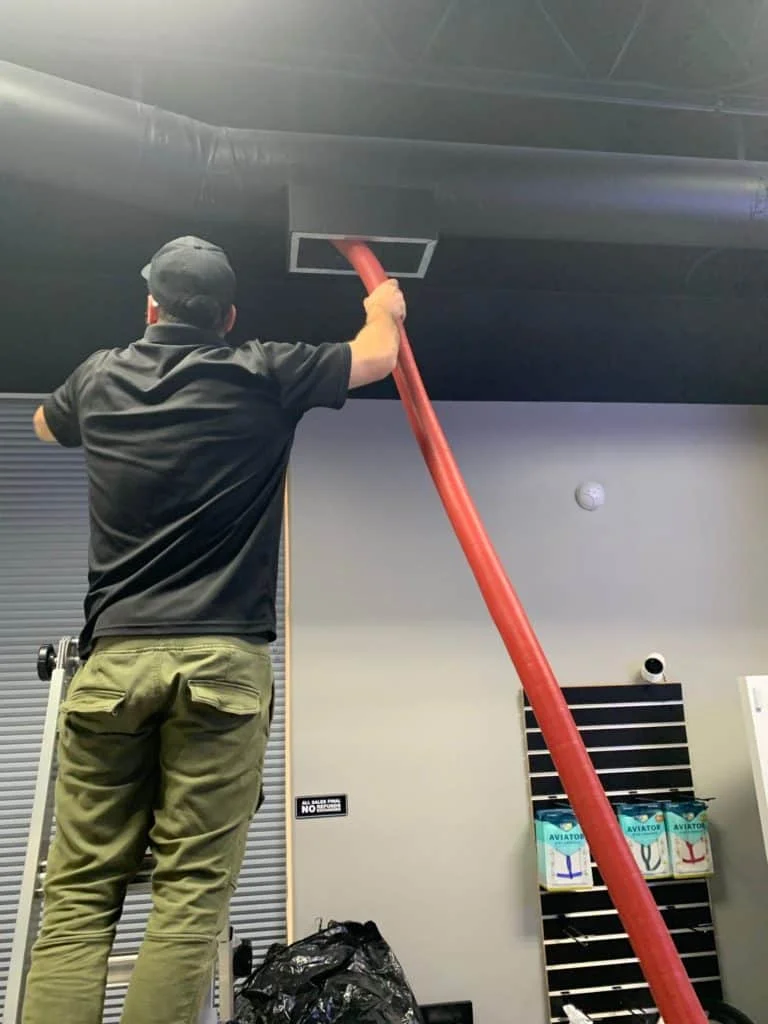Our modern world is powered by electrical systems, including the machinery in our companies and the lighting in our houses. However, it is crucial to make sure that these technologies are reliable and safe. Electrical grounding is one key component that is vital to doing this.
In this blog post, our professionals from Mr. Electric of Fort Worth will explore the importance of electrical grounding and how it works, with insights from an electrician in Saginaw.
Understanding Electrical Grounding
Electrical grounding is a measure of safety used to guard against electrical dangers to people and property. It entails connecting a device or system to the ground or a ground conductor, which is commonly a metal rod buried in the ground. Through the safe dissipation of electrical currents into the earth, grounding lowers the risk of fire and electrical shock.
The Importance of Electrical Grounding
Safety First: When working with electricity, safety should always come first. Electrical grounding reduces the risk of electric shock by giving fault currents a low-resistance route into the ground rather than through a person’s body. This is especially important in contexts like homes, workplaces, and industries where people frequently interact with electrical machinery.
Equipment Protection: Electrical grounding defends not just human life but also priceless electrical machinery. It assists in avoiding harm brought on by voltage spikes, lightning, or short circuits. Grounding lowers the likelihood of equipment failures, downtime, and expensive repairs by supplying a route for extra electrical energy to dissipate safely into the earth.
Fire Prevention: Electrical fires pose a significant risk and may be caused by overheated circuits or shoddy wiring. By allowing fault currents to safely flow into the earth and away from people and property, grounding can greatly lessen this risk. To protect both property and people, Saginaw electricians give grounding top priority while constructing or maintaining electrical systems.
How Electrical Grounding Works
Now that we know why grounding is important, let’s explore how it operates:
Grounding Electrode System: The grounding electrode system, which consists of metal rods or plates embedded in the ground, is the cornerstone of electrical grounding. These electrodes create a link between the electrical system and the conductive qualities of the ground. The grounding electrode system in Saginaw is checked by qualified electricians to make sure it complies with regional building laws and standards.
Grounding Conductors: Electrical equipment is connected to the grounding electrode system via grounding conductors, which are typically composed of copper or aluminum. Fault currents can safely pass through these conductors’ low resistance path into the earth. To guarantee proper grounding, Saginaw electricians carefully size and install these conductors.
Ground Fault Protection: Modern electrical systems depend heavily on ground fault protection devices like arc fault circuit interrupters (AFCIs) and ground fault circuit interrupters (GFCIs). In order to avoid electrical mishaps and fires, these devices keep an eye on the flow of electrical current and can swiftly cut off power when they notice anomalous currents.
Bonding: To ensure that metal electrical system components have the same electrical potential, bonding is the process of joining them together. This avoids possible variations that can result in electrical risks. Electricians in Saginaw conduct bonding expertly to preserve electrical safety in both residential and commercial settings.
Need a Reliable Company?
Are you in need of an electrician? Luckily, we at Mr. Electric of Fort Worth have dedicated workers ready at your service. Contact our representatives for more questions.




